
Similar Posts
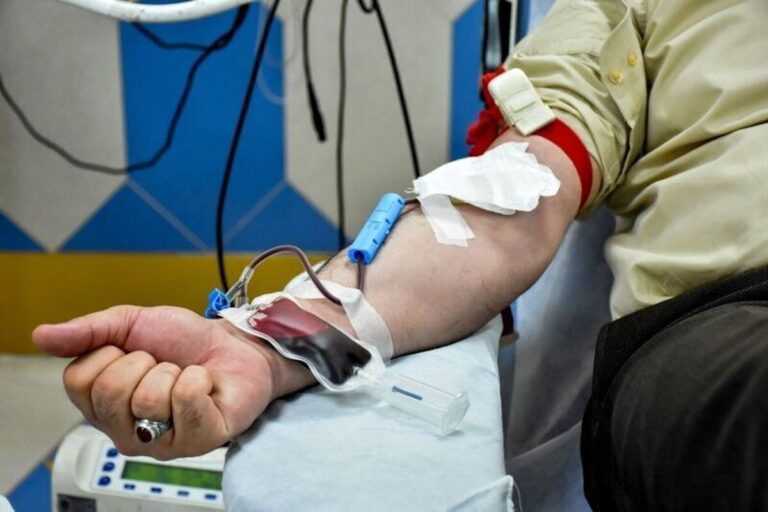
Iran Sees 2% Surge in Blood Donations Over 11 Months: A Heartfelt Response
Blood donation rates in Iran have risen by two percent since March 20, 2024, with 2,186,260 units donated this year, according to Bashir Haji-Beigi, spokesperson for the Blood Transfusion Organization. Notable increases occurred in Kohgiluyeh-Boyerahmad (over 23%), Sistan-Baluchestan (nearly 14%), and Alborz (around 9%). Tehran contributed about 17% of total donations, with 360,655 units in the past month. Despite this growth, women represent less than 5% of donors, highlighting a need for outreach. The World Health Organization praised Iran’s progress in blood management, emphasizing the importance of inclusive health initiatives.
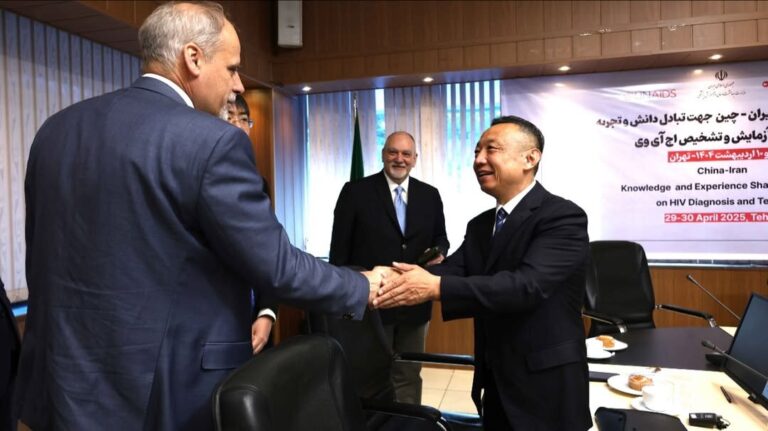
China and UNAIDS Join Forces to Enhance Iran’s Rapid HIV Response Efforts
Iran’s Health Ministry, in partnership with the China International Center for Economic and Technical Exchanges and UNAIDS, hosted a two-day meeting in Tehran to strengthen the country’s national AIDS program and improve HIV testing. Over 30 experts from Iran, China, and UNAIDS discussed enhancing domestic manufacturing of HIV rapid diagnostics, crucial for addressing Iran’s testing gap. This collaboration aligns with Iran’s National AIDS Control Program and China’s Global Development Initiative, aiming for 95% of people with HIV to know their status by 2025. Additionally, Iran launched a national HIV testing campaign to increase awareness and promote early diagnosis.
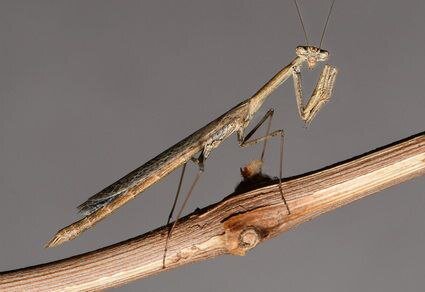
Breakthrough Discovery: Iranian Researcher Unveils New Species of Praying Mantis!
Mahmood Kolnegari, an environmental conservationist, has discovered a new species of praying mantis named Sinaiella azadi sp. Nov. in Shazand, Iran. This finding enriches the region’s biodiversity, which includes nine families and over 40 mantis species. Recent surveys have deepened knowledge of Iran’s mantis diversity, particularly the cryptic Toxoderidae family. The discovery was made using a preserved collection in Armenia and published in Zootaxa on February 27, 2023. Kolnegari, pursuing a PhD in Spain, is a prominent conservation advocate in Iran, emphasizing the importance of ongoing research and protection of the country’s diverse ecosystems and species.

Boosting Student Health: Innovative School Programs Tackle Iron and Vitamin D Deficiencies
The Iranian health ministry is implementing national micronutrient supplement programs to improve student health, focusing on distributing iron and vitamin D to high school students. The iron supplementation program, which began 23 years ago, provides female students with weekly pills, significantly increasing coverage from 57% to 91% in the last year. A vitamin D program, launched in 2014, has expanded from 51% to 80% coverage. Despite progress, challenges like budget limitations, school administrator disagreements, and student resistance remain. The health ministry aims to raise public awareness to further enhance participation and combat nutritional deficiencies, ultimately improving students’ health and academic performance.
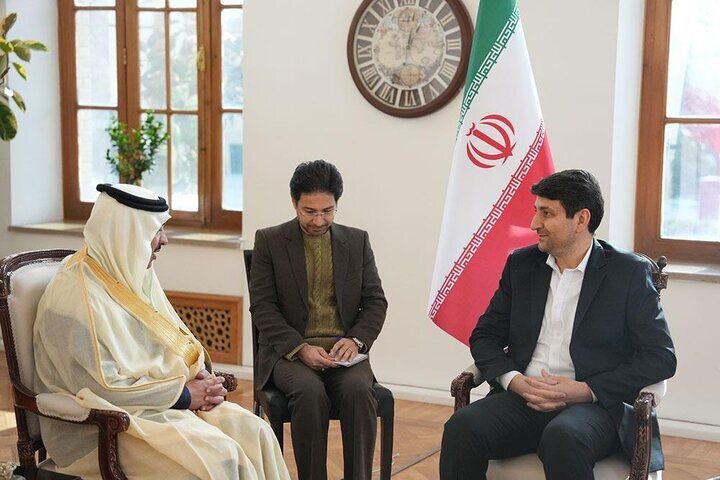
Tehran and Riyadh Urged to Strengthen ICT Collaboration for Future Growth, Says Minister
Iran’s ICT Minister, Sattar Hashemi, and Saudi Ambassador Abdullah bin Saudi Al-Enzi recently met to discuss enhancing cooperation in the ICT sector. They emphasized the need for robust data transit routes connecting Iran, Saudi Arabia, the Mediterranean, and Africa, along with collaboration on communication infrastructure, cybersecurity, and e-government initiatives. Both nations expressed readiness to share expertise and facilitate exchanges in ICT. This dialogue builds on previous discussions aimed at leveraging mutual resources, expanding messaging platforms, and supporting startups. Their cooperation could lead to significant advancements and foster regional stability through technological innovation and economic growth.
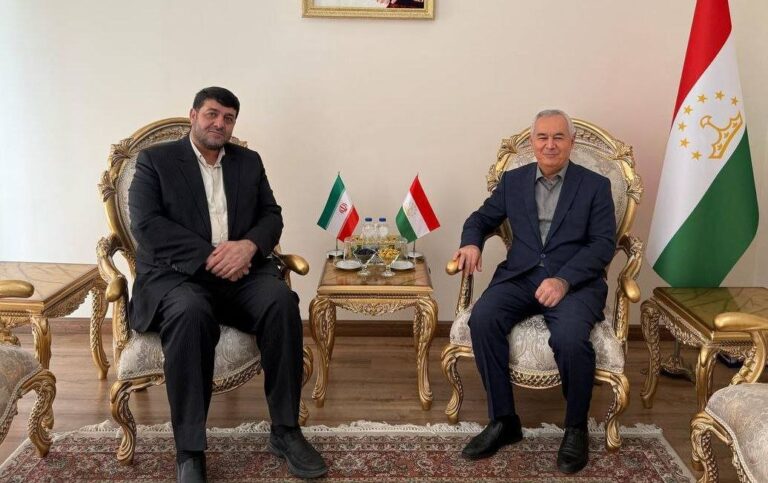
Strengthening Health and Humanitarian Partnerships: IRCS and Tajikistan Explore Collaborative Opportunities
The Iranian Red Crescent Society (IRCS) is advancing health and humanitarian collaborations, particularly with Tajikistan. In a recent meeting, IRCS head Pirhossein Kolivand and Tajik ambassador Zohidi Nizomiddin Shamsiddinzoda discussed plans to reopen the IRCS center in Tajikistan, emphasizing mutual support for improved health relations. The IRCS is recognized globally for its humanitarian efforts, with a focus on innovative healthcare solutions and addressing climate change impacts. The organization aims to enhance community resilience and provide essential aid, reinforcing its commitment to both Iranian and international populations, particularly in regions with critical health needs.